Keywords: Australian Bishops
There are more than 24 results, only the first 24 are displayed here.
Become a subscriber for more search results.
-
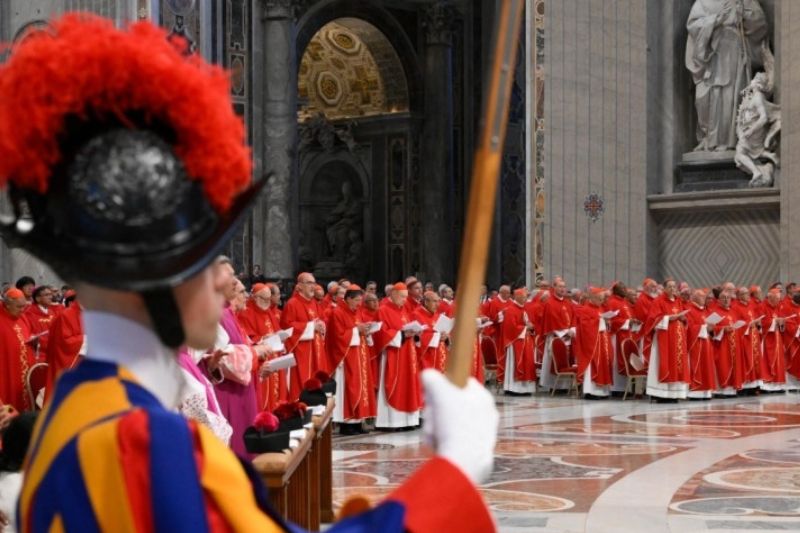
RELIGION
- John Warhurst
- 05 May 2025
As the cardinals prepare to elect a new pope, the centuries-old conclave process proceeds with solemnity and speed. But beneath the tradition lies the question of whether a closed, clerical system still reflects the needs of a diverse, divided, and global Church.
READ MORE
-

RELIGION
- Andrew Hamilton
- 01 May 2025
Three elections, three systems, one shared question: what kind of person should lead? As voters and cardinals choose their next leaders, attention turns from policy to personality — to character, courage, and conviction. In an age of division, the qualities that guide a life may yet decide the fate of nations.
READ MORE
-
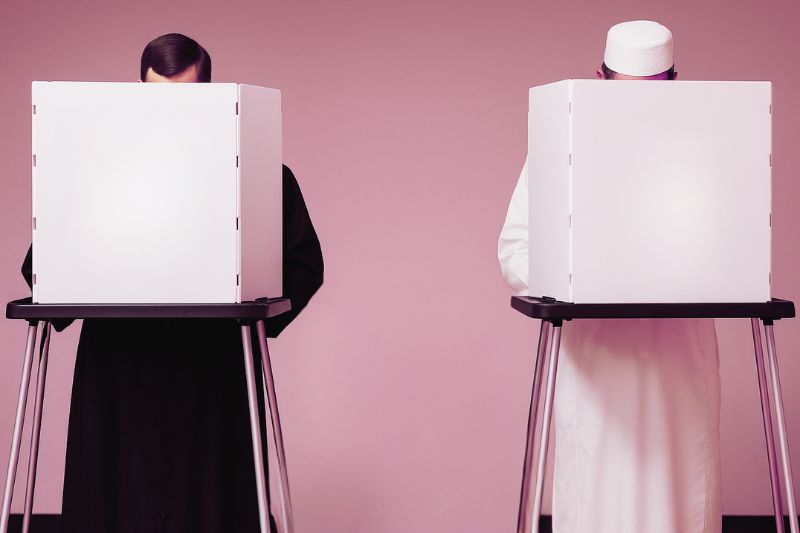
RELIGION
- John Warhurst
- 30 April 2025
Faith, once a quiet undercurrent in Australian elections, is now entangled in questions of ethnic identity, foreign policy and cultural grievance. Religion has returned to the centre of political life, only to find itself more divided, and more contested, than ever before.
READ MORE
-
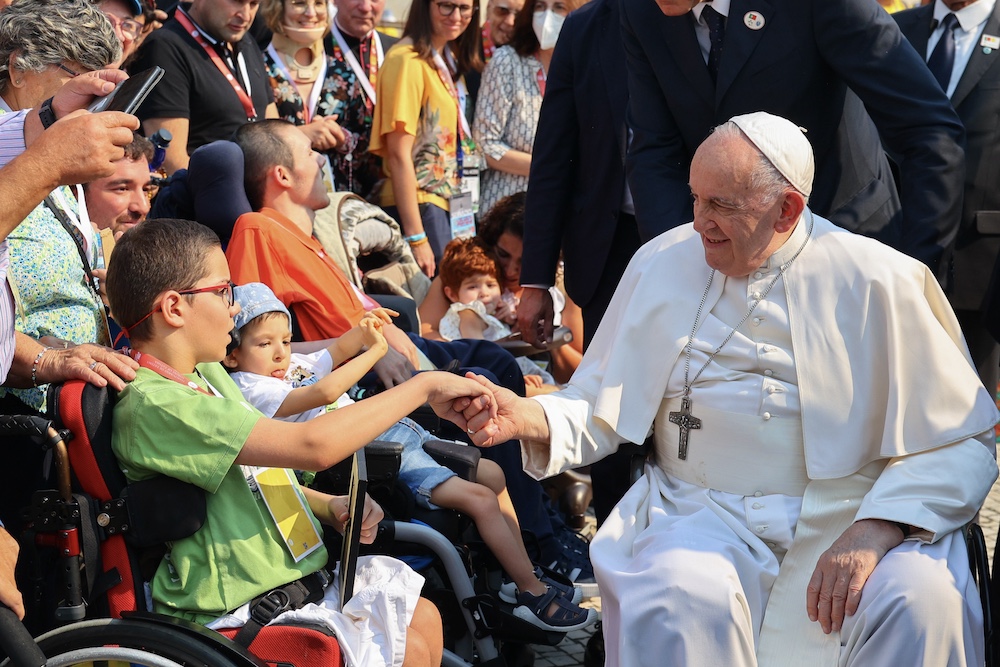
RELIGION
- Frank Brennan
- 23 April 2025
Francis was a pope prepared to blur the edges of doctrine, or at least its application, opening the doors of the Church to all those seeking love, mercy and forgiveness. He never doubted God’s capacity to love and forgive all who sought that love and forgiveness. He maintained the certainty, not of doctrine but of the simple piety of believers.
READ MORE
-
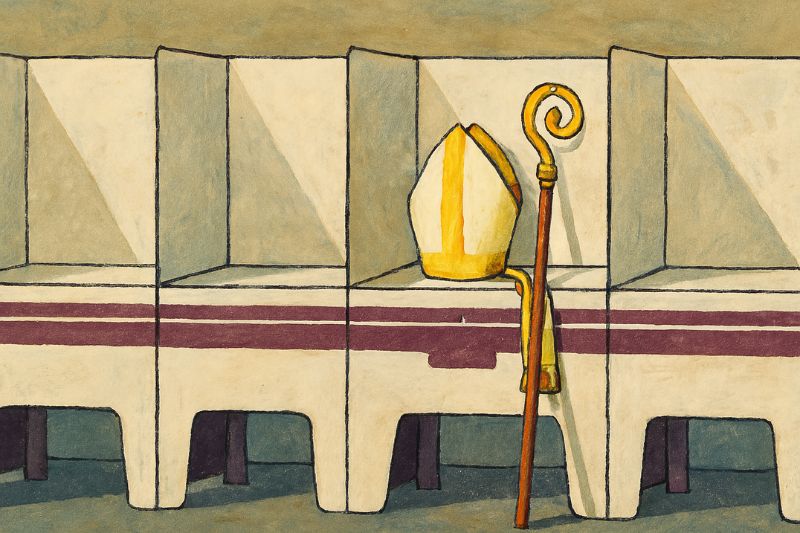
RELIGION
- John Warhurst
- 10 April 2025
As Australia approaches a federal election, the bishops have offered a statement of gentle encouragement themed around hope. Yet in its caution and generality, it raises questions about missed opportunities for moral clarity, national relevance, and a more engaged voice in public life.
READ MORE
-

ARTS AND CULTURE
- Gillian Bouras
- 04 April 2025
The Parthenon Marbles have long stood at the centre of a cultural standoff between Britain and Greece — art or artefact, spoils or stewardship? As negotiations inch forward, the ancient stones carry modern weight, raising urgent questions about restitution, identity, and what it means to right the wrongs of empire.
READ MORE 
-
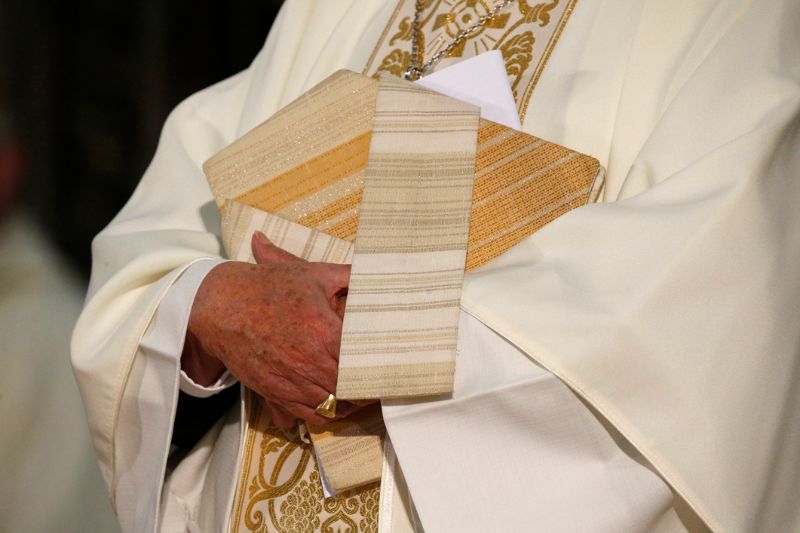
RELIGION
- John Warhurst
- 25 March 2025
As Australia approaches another federal election, the Catholic Church, long ambivalent about democratic politics, prepares to weigh in. Its official statement could play it safe, as in years past — or it could offer a deeper moral vision, confronting the global drift toward division with the quiet radicalism of synodality.
READ MORE
-
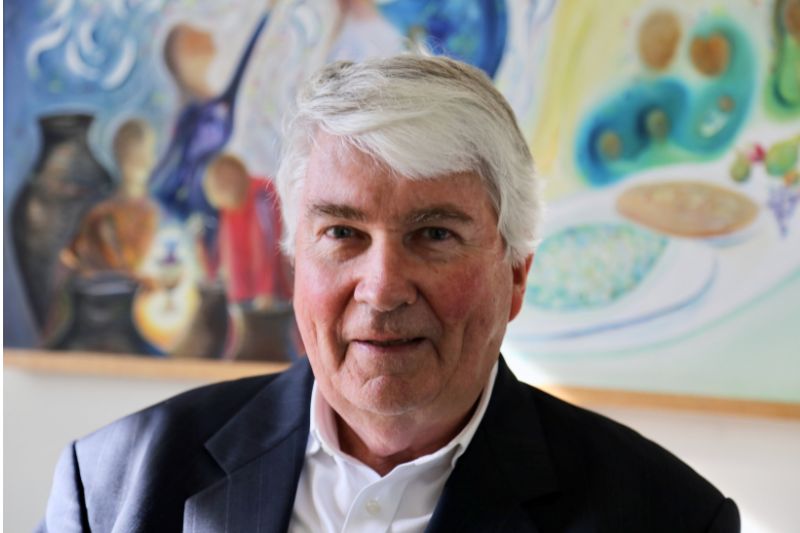
RELIGION
- Jim McDermott
- 13 March 2025
Frank Brennan wears his prominence lightly. A priest, lawyer, and tireless advocate for Indigenous rights and refugees, he is as at home in political corridors as he is at the dinner table, welcoming friends with stories and good cheer. Now, celebrating 50 years as a Jesuit, he reflects on faith, justice, and a life of service.
READ MORE
-

RELIGION
- Emma Carolan
- 19 February 2025
Amidst a rise in antisemitism globally, some in the Jewish community have raised concerns about echoes of historic anti-Judaism resurfacing within the Church. While Catholic leaders condemn overt hate, has the Church fully confronted its entrenched biases, or do old prejudices still affect its response in ways that go unnoticed?
READ MORE
-
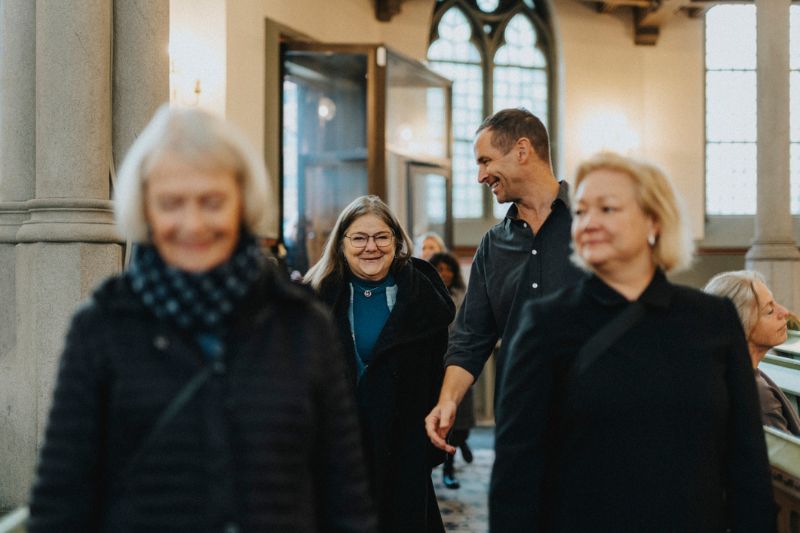
RELIGION
- John Warhurst
- 03 December 2024
2 Comments
The Synod of Bishops may mark a turning point for the Catholic Church, but the real work now begins — locally. From diocesan councils to parish communities, the challenge lies in translating synodality into action. In Australia, divergent episcopal views and a patchy history of reform raise critical questions about the Church’s future.
READ MORE
-
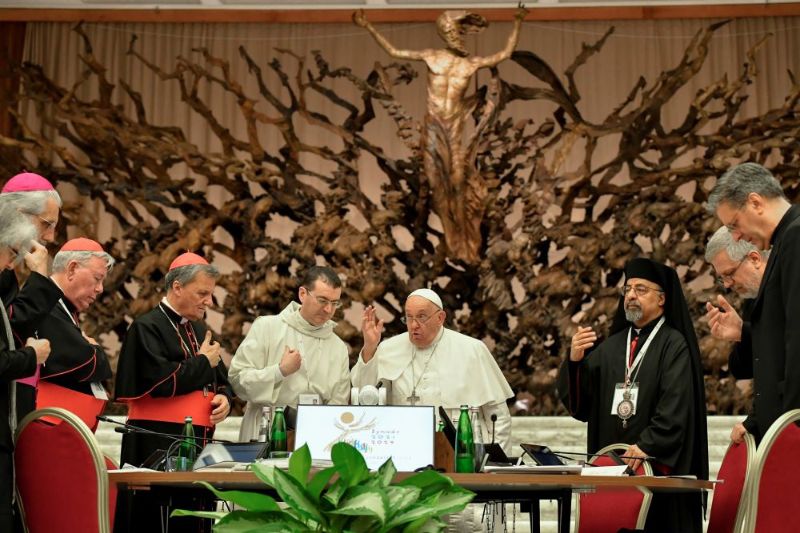
RELIGION
- Bill Uren
- 20 November 2024
7 Comments
Will the recommendations of the Synod on Synodality inspire lasting change or risk losing momentum? With bishops balancing tradition and reform, the coming year will determine whether this moment becomes one of true transformation.
READ MORE
-
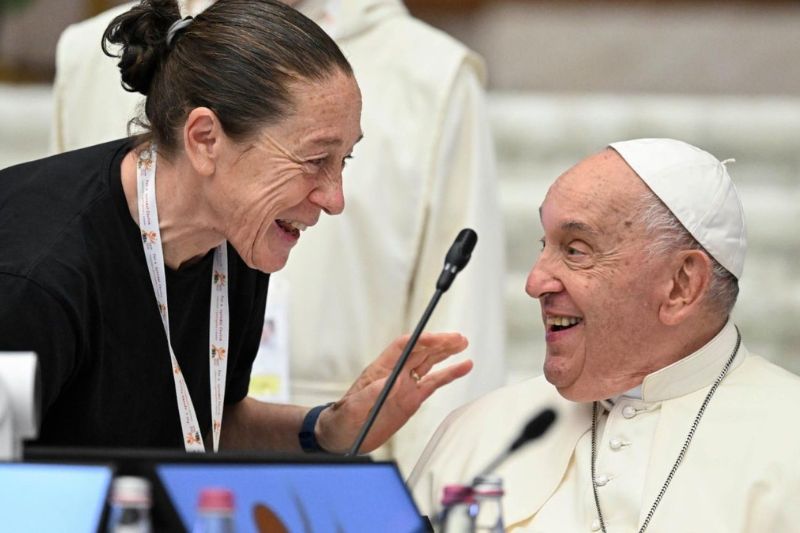
RELIGION
- Bruce Duncan
- 14 November 2024
14 Comments
The Synod is possibly the most important event in the Catholic Church since the Second Vatican Council. And despite its focus on internal Church reform and participation, can it effectively address broader social and moral issues in the world while still promoting a more inclusive and accountable Church?
READ MORE